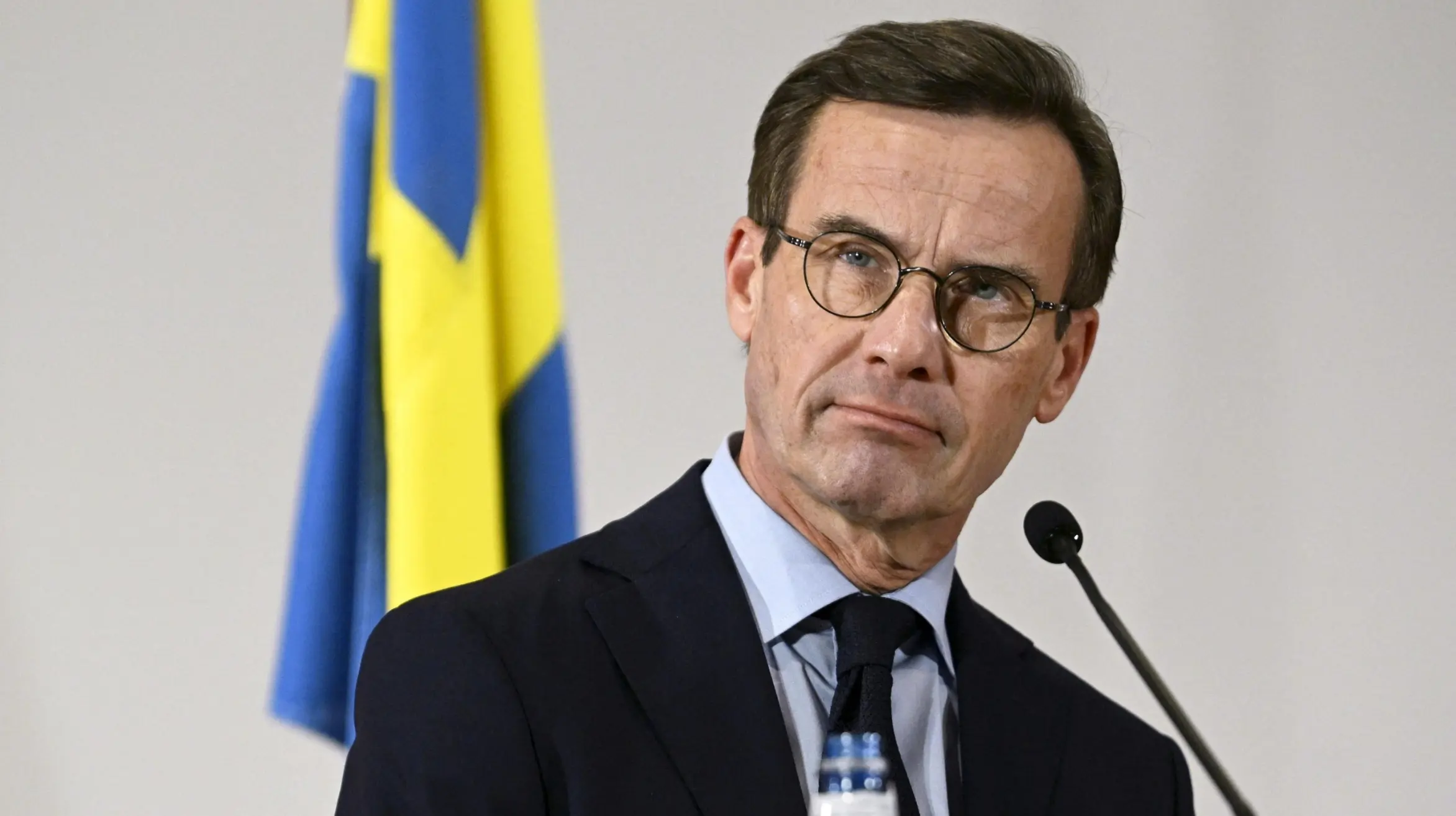Sweden (Transatlantic Today)— Swedish Prime Minister Ulf Kristersson stated Monday that he was open to the idea of storing nuclear weapons on Swedish territory during times of war. This declaration comes amidst disputes over Sweden’s Defense Cooperation Agreement (DCA) with the United States, set for a parliamentary vote in June.
Sweden’s Shift in Neutrality
Historically neutral Sweden joined NATO in March, marking a significant departure from its traditional stance. The decision reflects growing concerns about regional security, particularly in the wake of Russia’s invasion of Ukraine, According to the Defensepost.
Defense Cooperation Agreement
The approaching DCA vote has prompted debate, with appeals from many places for explicit language prohibiting the deployment of nuclear weapons on Swedish soil. However, the administration claims that such a clause is superfluous, noting overwhelming opposition to nuclear weapons in Sweden as well as current parliamentary limitations on their use during peacetime.
Prime Minister’s Stance
Prime Minister Kristersson emphasized that the decision to host nuclear weapons would be contingent on wartime circumstances and would be solely within Sweden’s purview. He asserted Sweden’s autonomy in deciding matters concerning its territory, underscoring the country’s commitment to self-determination.
Regional Context and NATO Membership
Kristersson sheds light on the importance of NATO membership in protecting against external threats, pointing to the situation in Ukraine as a cautionary tale. He suggested that had Ukraine been a NATO member, it might have deterred Russian aggression.
Past Promises and International Precedents
Sweden’s Social Democratic Party, which initiated the NATO membership process, had previously promised to oppose the deployment of nuclear weapons and foreign military bases on Swedish soil. This aligns with the stances of neighboring NATO members Denmark and Norway, both of which prohibit such deployments in peacetime.
As Sweden navigates its evolving role within NATO and the broader geopolitical landscape, debates over defense policies, including the potential hosting of nuclear weapons, are likely to persist.


























